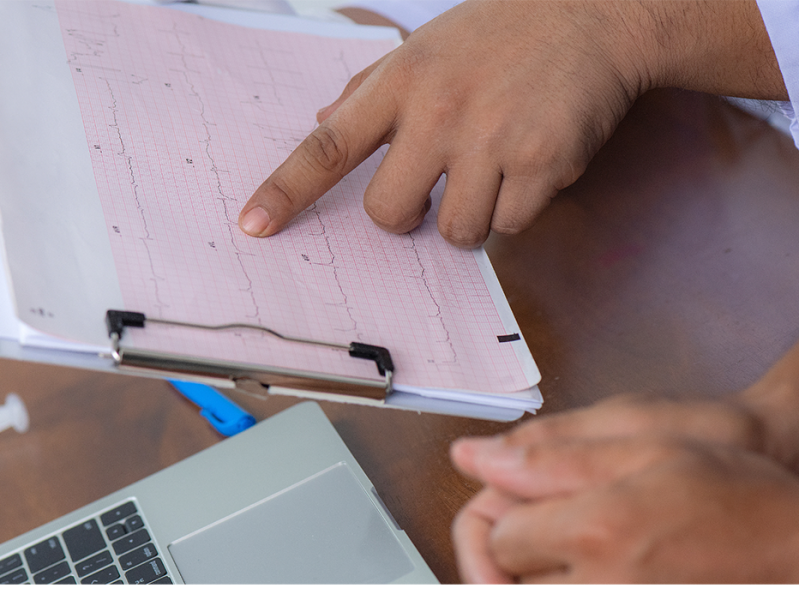Boost to strengthen primary, community and rural care
Boost to strengthen primary, community and rural care

A $44 million funding boost to primary care providers will support the delivery of quality services to benefit Māori and Pacific populations in Aotearoa.
Minister of Health Hon Dr Ayesha Verrall and Associate Minister of Health Hon Peeni Henare say the funding, implemented over two years by Te Whatu Ora, in partnership with Te Aka Whai Ora, will directly impact those with the highest needs in New Zealand.
Comprehensive care teams, including kaiāwhina, physiotherapist, pharmacists, care coordinators, and in some rural areas, paramedics, will be established in all early localities.
Kaiāwhina roles will also be introduced across Counties Manukau, Northland, Auckland, Waitematā and Bay of Plenty regions as a first phase of this initiative.
Minister Verrall says she has heard from primary care clinicians that they face increasing needs of patients.
“Funding for clinical roles such as physiotherapists and pharmacists will help them to meet these needs,” Minister Verrall says.
“To support the winter pressures and beyond, we’re funding up to 193 additional frontline clinical team members across the country to focus on early intervention, faster treatment and better support for whānau.”
The Minister adds funding for these roles will be prioritised to providers serving Māori, Pacific, and rural populations with complex needs, including those with limited access to primary healthcare services.
“Better access to local care will go a long way improve early intervention rates and help patients avoid hospital care, improving the hauora of those who need it the most.”
In addition to comprehensive primary care teams, a further targeted investment of $37million over the next two years will more equitably allocate primary care funding to general practices based on their enrolled high-needs populations.
This is part of the Budget 22 initiative to address the shortfall in the current funding formula, which does not consider factors such as ethnicity, socioeconomic status, and age when distributing funds to primary healthcare providers.
Minister Henare says this funding will help to build capacity in the workforce and help to address the burden of under funding for Māori and Pacific providers.
“This is an important initiative that will make a difference for Māori and Pacific providers and the whānau they care for,” Minister Henare says.
“It also helps to address the findings of the WAI2575 claim that criticised the capitation funding system for not addressing factors such as ethnicity, socioeconomic status, and age when distributing funds to primary healthcare providers.”
To support the new roles, immediate additional funding of $4.9 million will be allocated for the training and development of the kaiāwhina workforce, to diversify it and bring in skills and cultural competencies to reflect the needs of communities.
